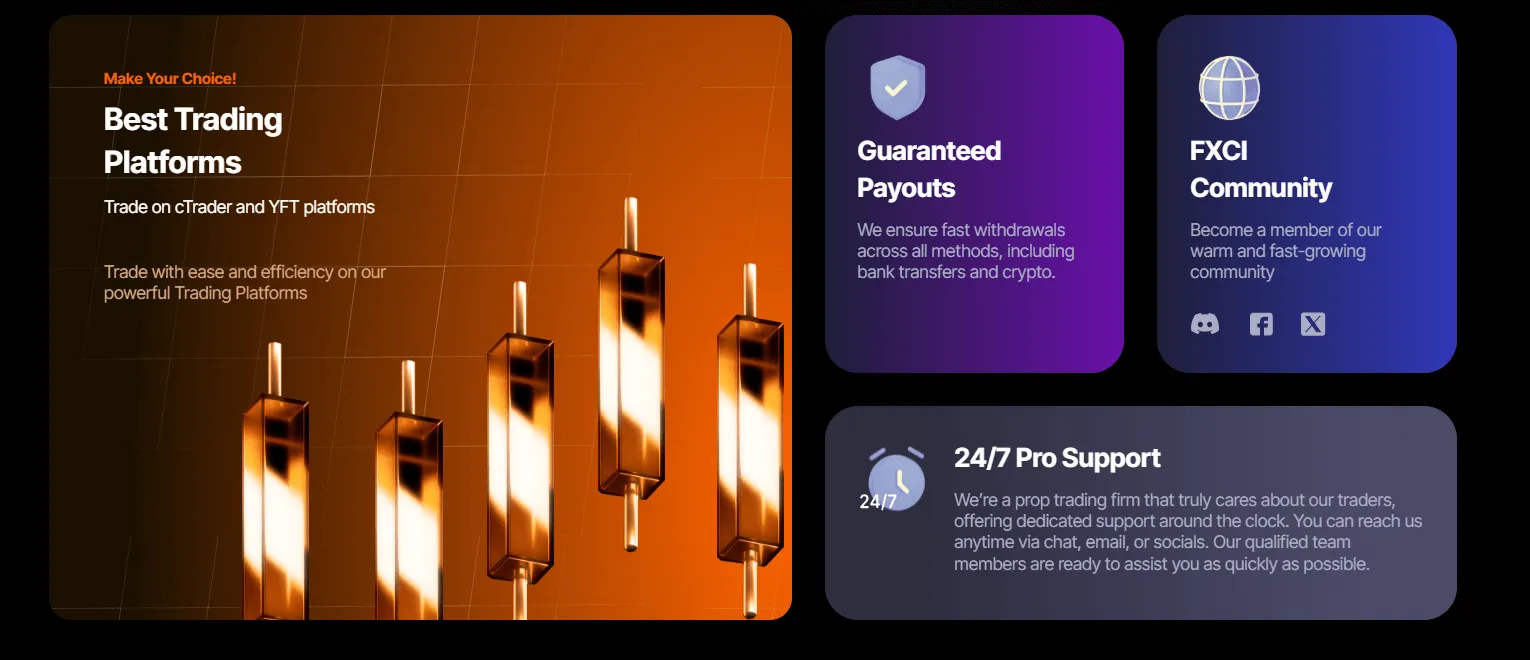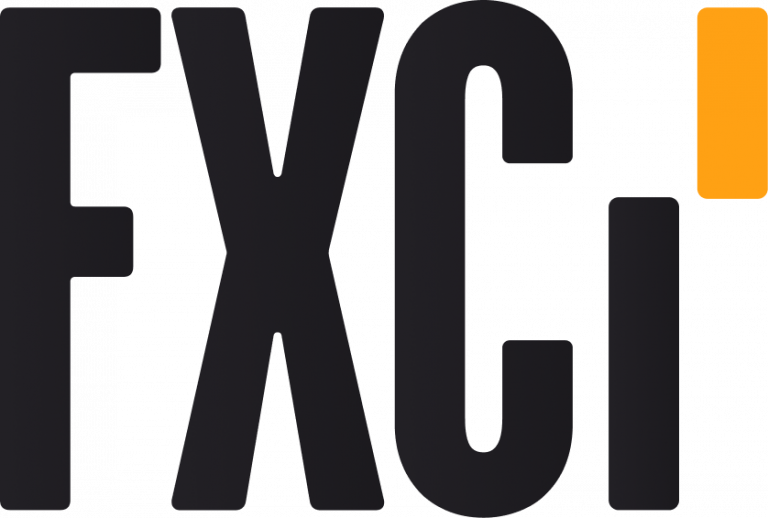What is prop desk trading India
FXCI prop trading firm offers funded accounts up to $300,000 in India. Earn up to 99% profit trading with FXCI’s capital.
LAST CHANCE! Claim Your 50% Discount
Only code «FXCI50» unlocks this offer. Access $300K capital and flexible targets. Apply now👇
Introduction
In the world of financial trading, there are various avenues for individuals to explore in order to gain profits. One such path that has gained significant traction is prop desk trading. But what is prop desk trading India, and how does it work? In this article, we’ll explore the concept, structure, and opportunities within prop desk trading, with a particular focus on its significance in India.
We’ll break down the essential elements of What is prop desk trading India, how individuals can participate, and what benefits they might expect from such ventures. By the end of this article, you'll have a clear understanding of how prop desk trading operates in India, and why it might be a viable option for aspiring traders.

What is Prop Desk Trading India?
Prop desk trading India refers to trading strategies used by proprietary trading firms in India, where traders use the firm's capital to make trades. Unlike traditional trading, where individuals trade their own funds, prop desk trading allows individuals to trade with the firm's resources, splitting the profits according to predetermined agreements.
This structure offers significant advantages to traders, such as reduced personal risk and access to larger capital than they could typically manage on their own. However, it also comes with its own set of challenges and expectations.
Key Elements of Prop Desk Trading
- Firm's Capital Usage: Traders use the capital provided by the firm, rather than their own personal funds.
- Profit Sharing: A profit split is agreed upon between the firm and the trader, commonly between 50% to 99% in many cases.
- Risk Management: Although traders trade using the firm's capital, they are still expected to manage risk effectively and adhere to the firm's rules.
- Leverage: Prop desks often provide leverage, giving traders access to greater positions than their initial capital would normally allow.
Benefits of Prop Desk Trading
- Larger Capital Access: Traders get access to more capital, enabling larger trades.
- Lower Risk for Traders: Personal risk is significantly reduced as traders are not using their own funds.
- Mentorship and Resources: Many prop trading firms provide education, resources, and tools to help traders succeed.
- Profit Potential: Traders can earn a high share of profits, which is a strong incentive.
How Prop Desk Trading Works in India
The structure of prop desk trading is simple, but to fully understand it, let's explore the process more deeply.
Joining a Prop Trading Firm: Aspiring traders generally apply to prop trading firms, where they may be required to pass an evaluation process or prove their skills.
Trading with the Firm’s Capital: Once accepted, the trader can start trading using the firm's funds. The trading strategies can vary based on the firm’s focus—some may specialize in short-term trades, while others focus on long-term strategies.
Profit Sharing: The firm typically takes a percentage of the profits, while the trader receives the remaining portion. This split can be 50-50, or it could be as high as 85% for the trader, depending on the firm.
Risk and Compliance: Traders must adhere to the risk management rules set by the firm. This includes managing exposure and avoiding significant losses.
Here’s a breakdown of the process:
| Step | Description |
|---|---|
| Step 1: Application | Apply to a prop trading firm with the required skills or evaluation process. |
| Step 2: Capital Usage | Start trading with the firm's capital, implementing chosen strategies. |
| Step 3: Profit Split | Share profits according to pre-agreed percentages, usually between 50% and 85%. |
| Step 4: Risk Management | Follow strict risk management rules set by the firm to protect capital. |
Advantages of Prop Desk Trading India
India has become a hub for many emerging prop trading firms, largely due to its growing financial market and access to skilled traders. Here are some key advantages prop desk trading offers in the Indian market:
- Access to International Markets: Indian traders can access global financial markets, allowing them to diversify their trading strategies.
- Scalable Opportunities: As firms provide more capital, traders can scale up their operations, increasing profit potential.
- Low Entry Barriers: Unlike traditional investment avenues, prop trading firms usually do not require significant capital upfront from traders.
Challenges in Prop Desk Trading
While prop desk trading provides many benefits, it is not without its challenges. Here are some common issues traders may face:
- Pressure to Perform: Traders often face high performance expectations as they are trading the firm’s capital.
- Risk of Losing Capital: Despite the firm's capital backing, traders may still face the risk of losing access to the funds if their trading strategies fail.
- Strict Rules: Firms impose strict trading rules, which can limit the trader’s freedom to experiment with strategies.

Conclusion
In conclusion, prop desk trading India offers a unique opportunity for traders to use the capital of a firm to generate profits, but it comes with its own set of responsibilities. The structure allows traders to access more capital with lower personal risk, but it also requires strict adherence to risk management and firm-specific rules. The profit potential can be significant, especially for those who are skilled in trading and manage risk effectively.
If you're considering a career in trading, prop desk trading offers an exciting and rewarding path. As firms continue to expand in India, opportunities for aspiring traders will continue to grow, making it an attractive option for those looking to dive deeper into the world of financial markets.
FAQ
What is the difference between prop desk trading and traditional trading?
Prop desk trading involves using a firm’s capital for trading, while traditional trading involves trading with personal funds.
How much capital do I need to start in prop desk trading?
Generally, you don’t need your own capital to start, as the firm provides the capital. However, you may need to pass an evaluation.
What skills are needed to succeed in prop desk trading?
Skills in risk management, strategy development, and market analysis are essential for success in prop desk trading.
How are profits split in prop desk trading?
Profits are typically split between the firm and the trader, with the trader receiving a share that can range from 50% to 85%.
What are the risks associated with prop desk trading?
Traders may face the risk of losing access to the firm’s capital if they fail to meet the firm’s risk management rules.


